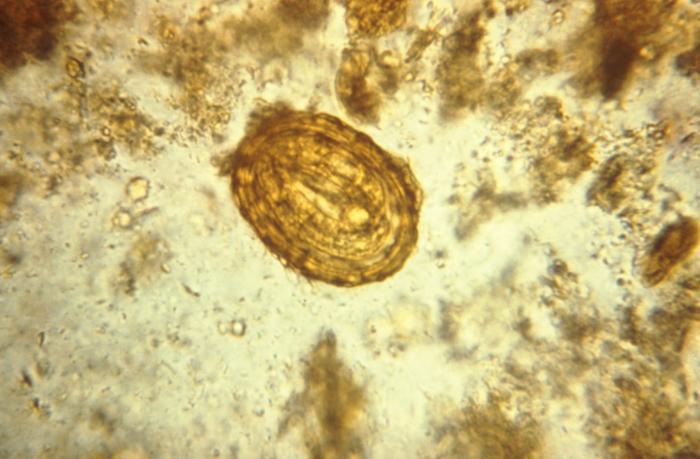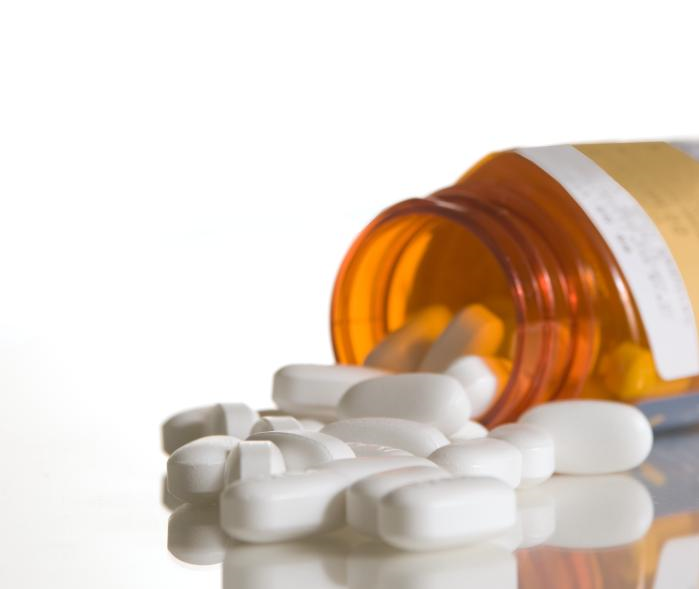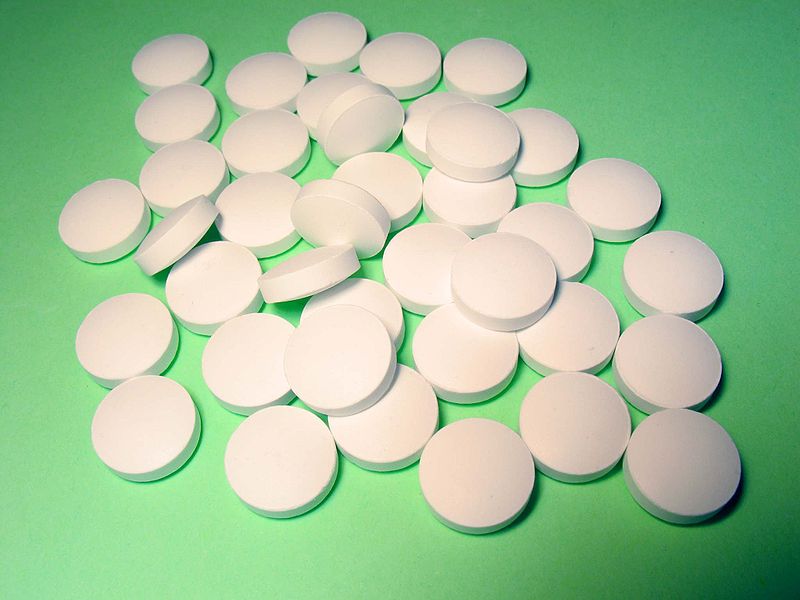The effect of dopamine on various receptors is concentration dependent
D1=D2>>β>>α
At lower concentration, only dopamine receptors are stimulated. At moderate levels beta receptors while at higher concentrations, alpha receptors are stimulated.
Pharmacological Actions
Blood vessels
Because of D1 receptors present in the renal, coronary and mesenteric vessels, at low concentrations vasodilatation is produced. This is made use of in renal compromised situations, because of low cardiac output. In order to preserve kidneys (have to preserve brain, heart and kidneys in critical situations) dopamine infusions are given intravenously, 2-5 µg/kg body weight/minute. Then the response of the patient is titrated.
As the concentration is increased, beta effects on the heart like positive ionotropic and positive chronotropic effects are seen at moderate levels. At very high concentration alpha effects take over and vasoconstriction is observed all over.
Because of receptor sensitivity, variations in physiological response are seen.
Therapeutic Uses
Oliguric Shock
Decreased production of urine either due to cardiogenic shock or septic shock etc. or hypovolemia can be countered with dopamine. Before administration, hypovolemia must be corrected. The cause must be treated as dopamine is not the ultimate treatment, it only buys us some time.
Side Effects
- Nausea
- Vomiting
- Precipitations
- Headache
- Palpitations
Continue Reading
Sympathomimetics -Introduction
 howMed Know Yourself
howMed Know Yourself




